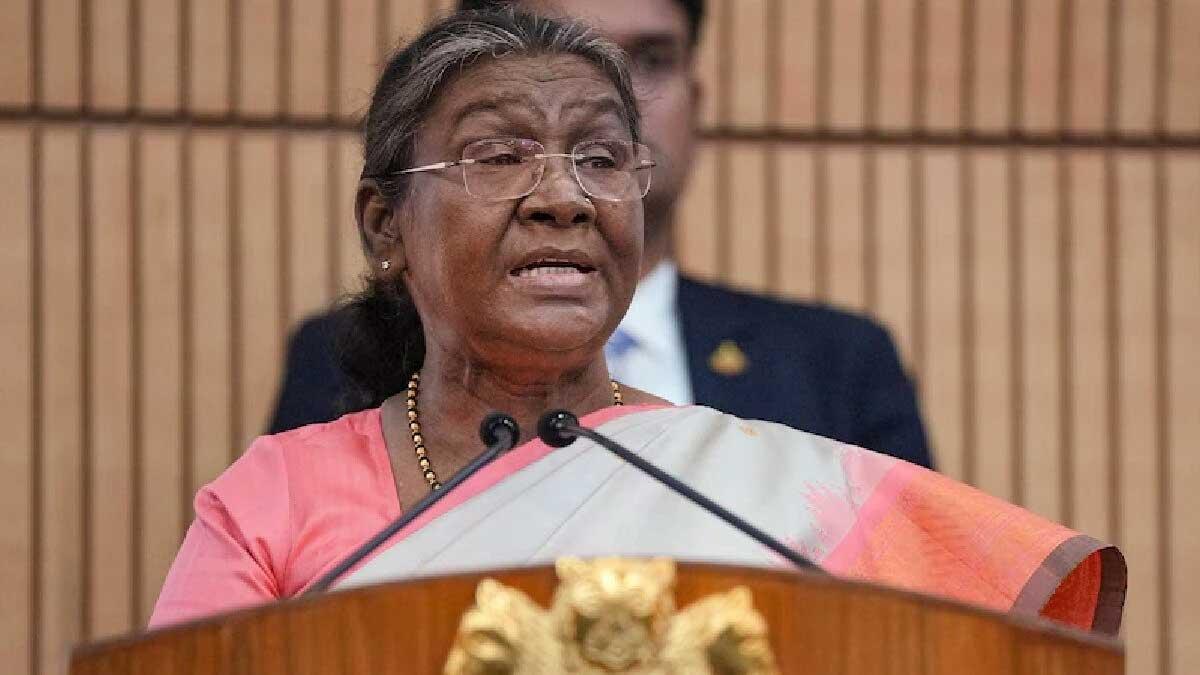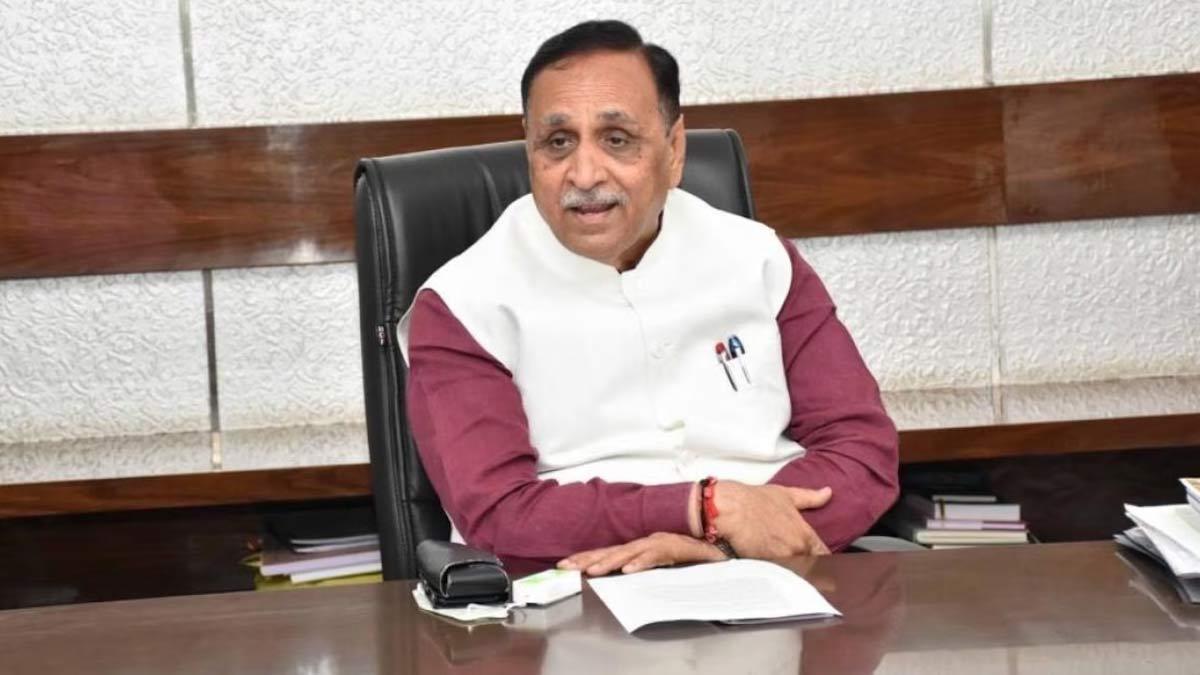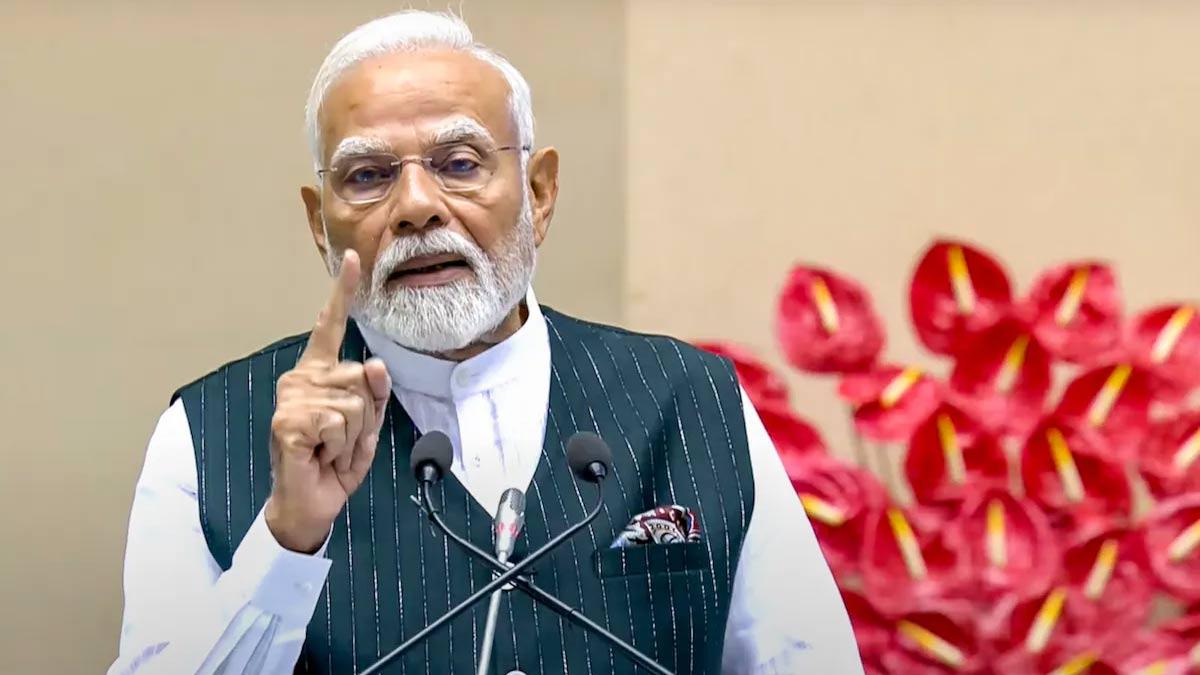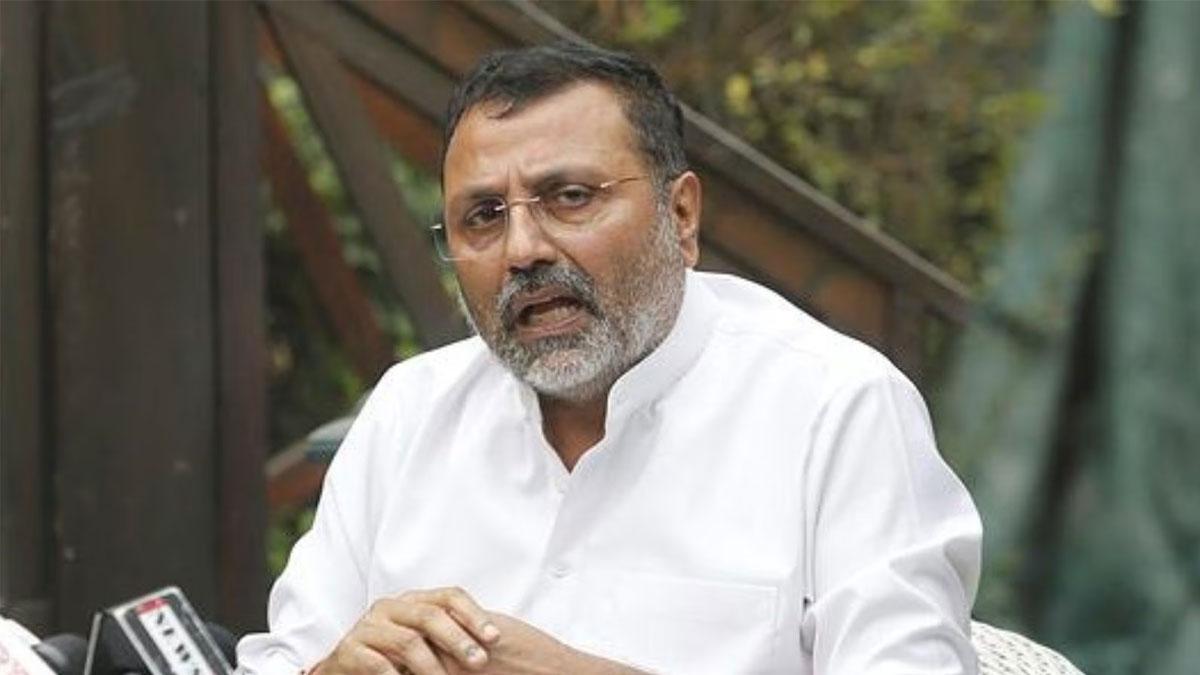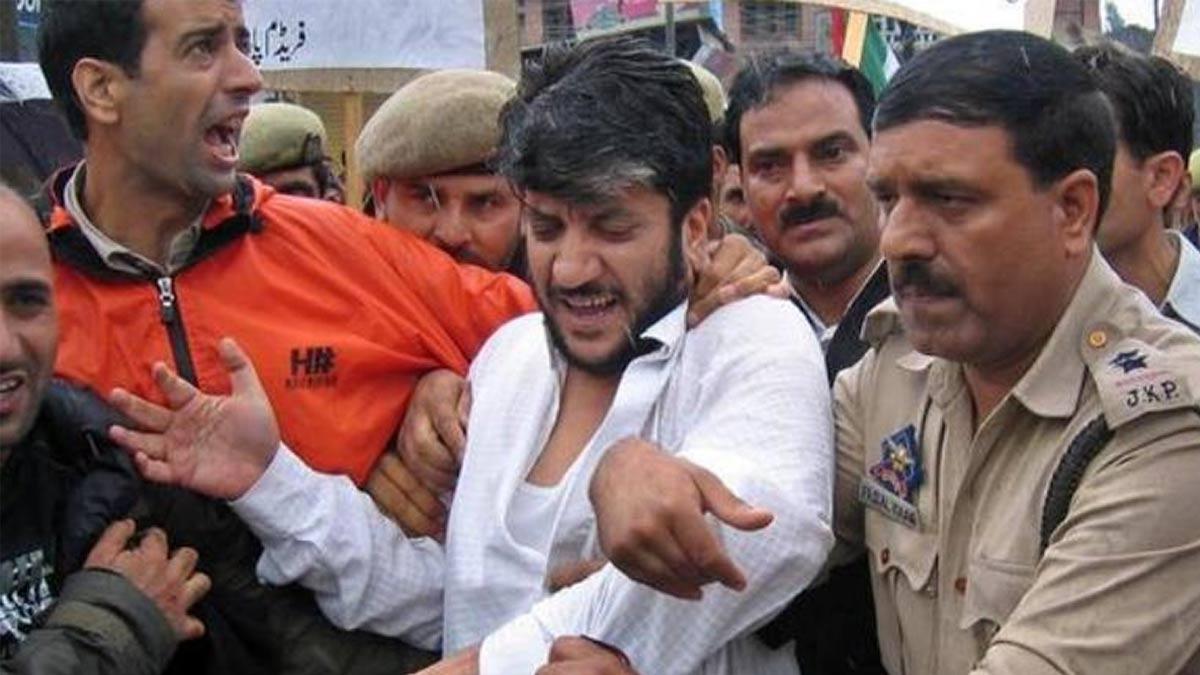In response to the tragic rape and murder of a trainee doctor at Kolkata's R.G. Kar Medical College and Hospital, President Droupadi Murmu revealed her internal struggle when faced with an innocent question from schoolchildren during a Raksha Bandhan visit to Rashtrapati Bhavan. They asked her if they could be assured that incidents like the Nirbhaya case would never happen again.
In an article titled 'Women’s Safety: Enough is Enough' with the subheading 'The recent spate of crimes against women should force honest self-introspection to uncover the roots of the malaise,' President Murmu expressed her deep concern, stating that such atrocities damage the country's reputation for women's empowerment, "of which she considers herself an example."
The President emphasized the importance of self-defense and martial arts training, particularly for girls, but acknowledged that these measures alone cannot guarantee safety. "Obviously, the full answer to that question can come only from our society. For that to happen, what is needed first of all is honest, unbiased self-introspection. The time has come when we as a society need to ask ourselves some difficult questions. Where have we erred? And what can we do to remove the errors? Without finding out the answer to that question, the half of our population cannot live as freely as the other half," she asserted.
She also criticized the mindset that objectifies women, stressing that it is not an issue confined to India. Furthermore, she pointed out the collective forgetfulness that often grips society after the initial shock of a horrific crime fades.
Below is the complete text of President Murmu's article:
Women’s Safety: Enough is Enough
The recent spate of crimes against women should force honest self-introspection to uncover the roots of the malaise
By Droupadi Murmu, President of India
The brutal rape and murder of a doctor in Kolkata has left the nation in a state of profound shock. I was deeply disturbed and horrified upon learning of it. Even more disheartening is the fact that this is not an isolated incident; it is part of a series of crimes against women. As protests erupted in Kolkata, other predators continued to roam freely elsewhere, targeting even young girls. No society that calls itself civilized can tolerate such atrocities against its daughters and sisters. The nation is justifiably outraged, and so am I.
On Women’s Day last year, I shared my thoughts and aspirations regarding women’s empowerment in a newspaper article. My optimism remains, fueled by our past achievements in empowering women. I see myself as a product of India’s remarkable journey toward women’s empowerment. Yet, I am deeply pained whenever I hear about acts of brutality against women in any corner of our country.
Recently, I found myself in a difficult situation when schoolchildren visiting Rashtrapati Bhavan for Raksha Bandhan asked me if they could be assured that incidents like the Nirbhaya case would not happen again. I told them that while the State is committed to protecting every citizen, it is essential for all, especially girls, to undergo training in self-defense and martial arts to make themselves stronger. However, this alone is not enough to ensure their safety, as many factors contribute to women’s vulnerability.
The complete answer to that question can only come from our society.
To achieve this, what is needed above all is honest, unbiased self-reflection. The time has come for us as a society to ask ourselves some tough questions. Where have we gone wrong? And how can we correct those mistakes? Without addressing these questions, half of our population cannot live as freely as the other half.
"Our Constitution granted equality to all, including women, even when this was an ideal yet to be realized in many parts of the world. The State then established institutions to uphold this equality, wherever necessary, and promoted it through various schemes and initiatives. Civil society also played a role, supporting the State’s efforts in this regard. Visionary leaders in all areas of society pushed for gender equality.
Moreover, there were exceptional, resilient women who paved the way for their less fortunate sisters to benefit from this social revolution. This has been the story of women’s empowerment.
However, this journey has not been without its challenges. Women have had to fight for every inch of ground they have gained. Social prejudices, along with certain customs and practices, have consistently opposed the expansion of women’s rights. This mindset is deplorable. I refrain from calling it a male mindset, as it has little to do with gender: many men do not hold these views. This mindset perceives women as lesser beings, less powerful, less capable, less intelligent. Those who share such views take it further, seeing women as objects.
It is this objectification of women by a few that underlies crimes against them. This attitude is deeply ingrained in the minds of certain individuals. Let me also emphasize that, unfortunately, this issue is not unique to India but exists worldwide.
The difference between one place and another is more a matter of degree than kind.
Challenging this mindset is a responsibility shared by both the State and society. In India, significant efforts have been made over the years to change this erroneous attitude. Laws have been enacted, and social campaigns have been launched. Yet, something continues to hinder our progress and torment us.
In December 2012, we were confronted with this issue when a young woman was gang-raped and murdered. The nation was shocked and enraged. We vowed to prevent another Nirbhaya from suffering the same fate. We formulated plans and strategies. These efforts have made some difference. However, our task remains incomplete as long as any woman feels unsafe in her surroundings, whether at home, work, or elsewhere.
In the twelve years since that tragedy in our capital, countless similar tragedies have occurred, though only a few have garnered nationwide attention. Even those incidents were soon forgotten. Have we truly learned our lessons? As social protests faded, these incidents were buried in the recesses of our collective memory, only to be recalled when another horrific crime occurs.
This collective amnesia, I fear, is just as troubling as the mindset I spoke of.
History often brings pain. Societies afraid to confront their pasts resort to collective amnesia, burying their heads in the sand like the proverbial ostrich. Now is the time not only to face history head-on but also to search within our souls and examine the pathology of crimes against women.
I firmly believe that we should not allow amnesia to overshadow the memory of such heinous acts. We must address this perversion comprehensively to curb it at its root. We can only achieve this by honoring the memory of the victims, cultivating a social culture of remembrance to remind us of our past failures and prepare us to be more vigilant in the future.
We owe it to our daughters to remove the obstacles that hinder their freedom from fear. Only then can we collectively offer a resolute answer to the innocent question posed by those children at the next Raksha Bandhan. Let us come together and declare that enough is enough."
Read also | Abhishek Banerjee Questions CBI's Inaction on Sandip Ghosh's Arrest
Read also | Calcutta HC Approves BJP and Congress Protest Programs in RG Kar Tragedy Case

